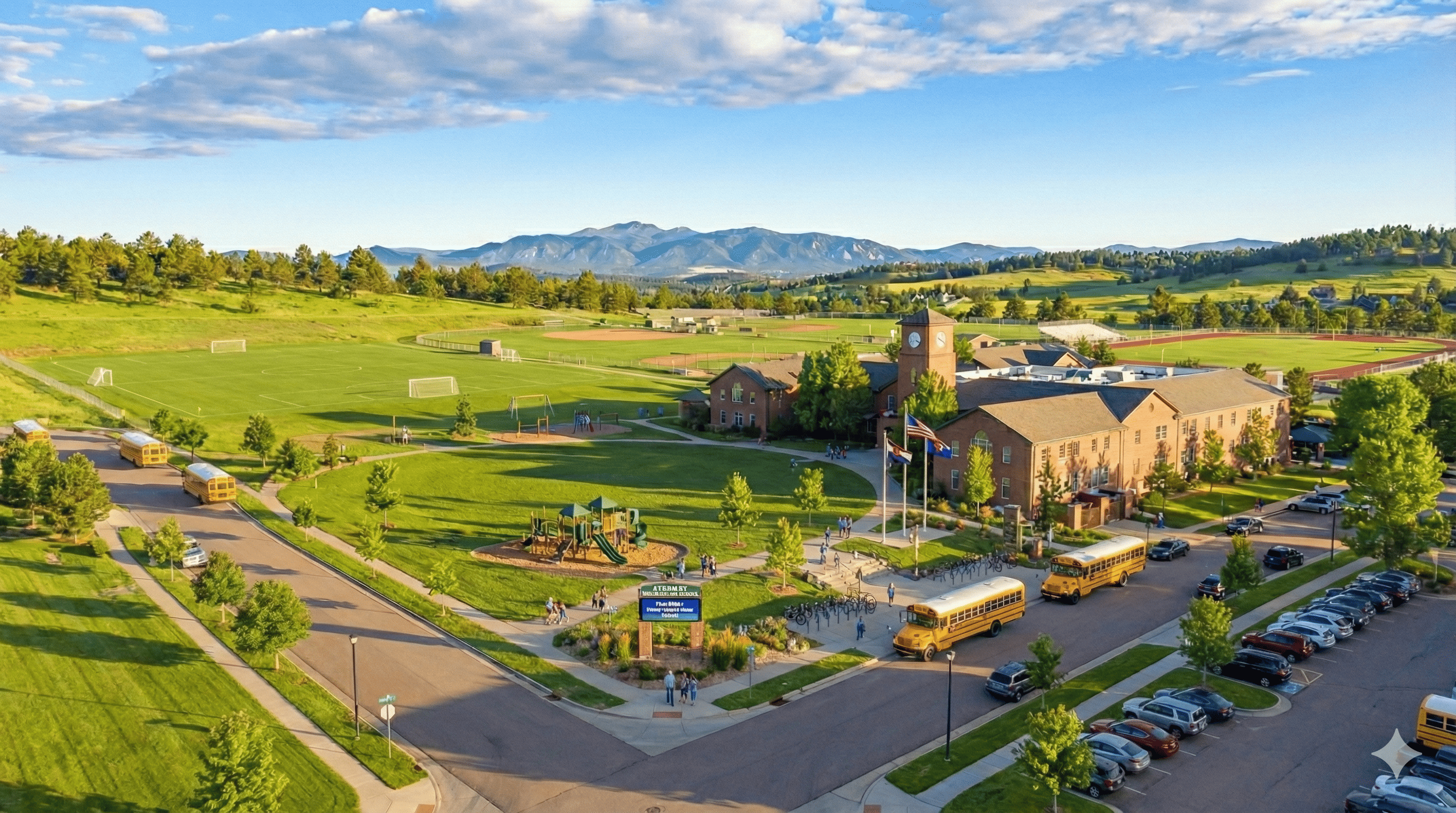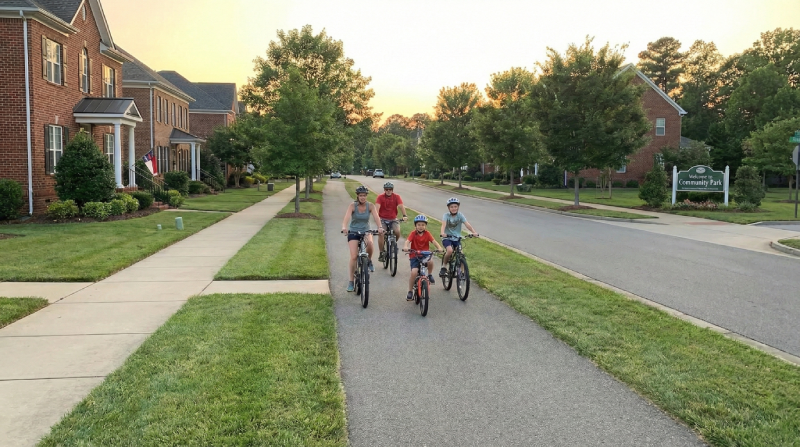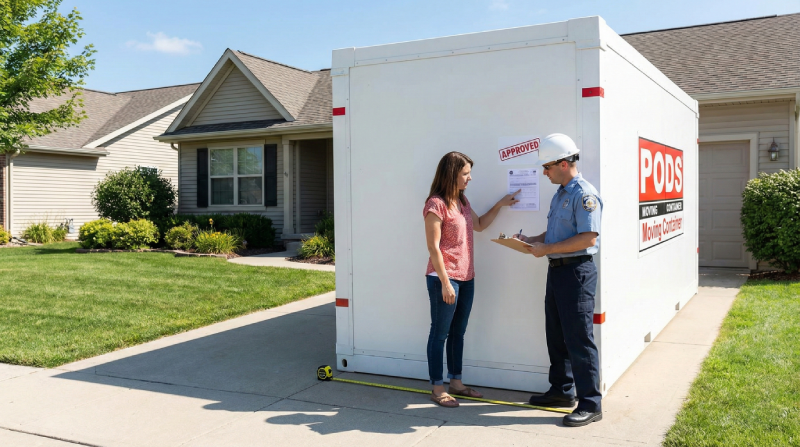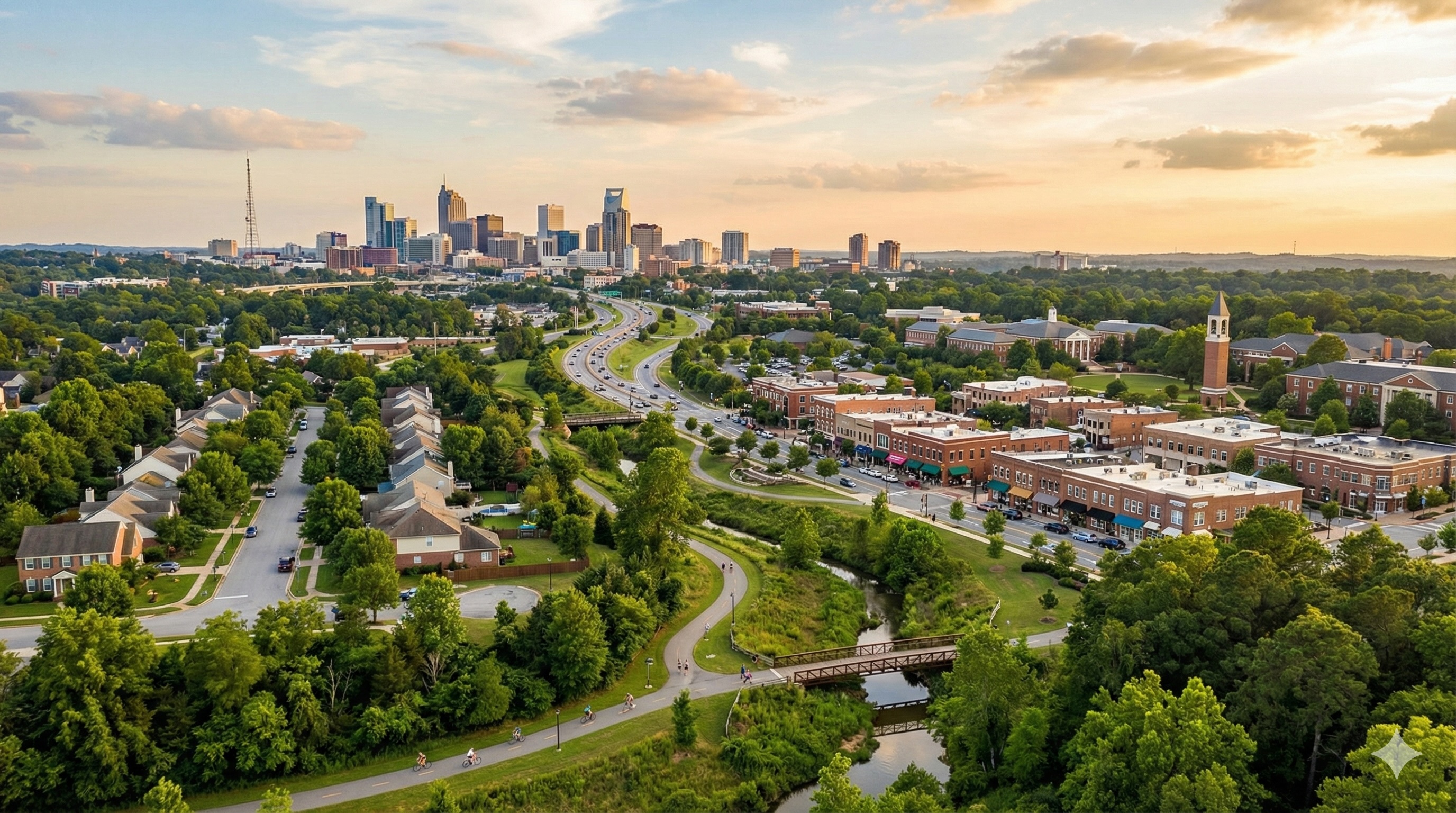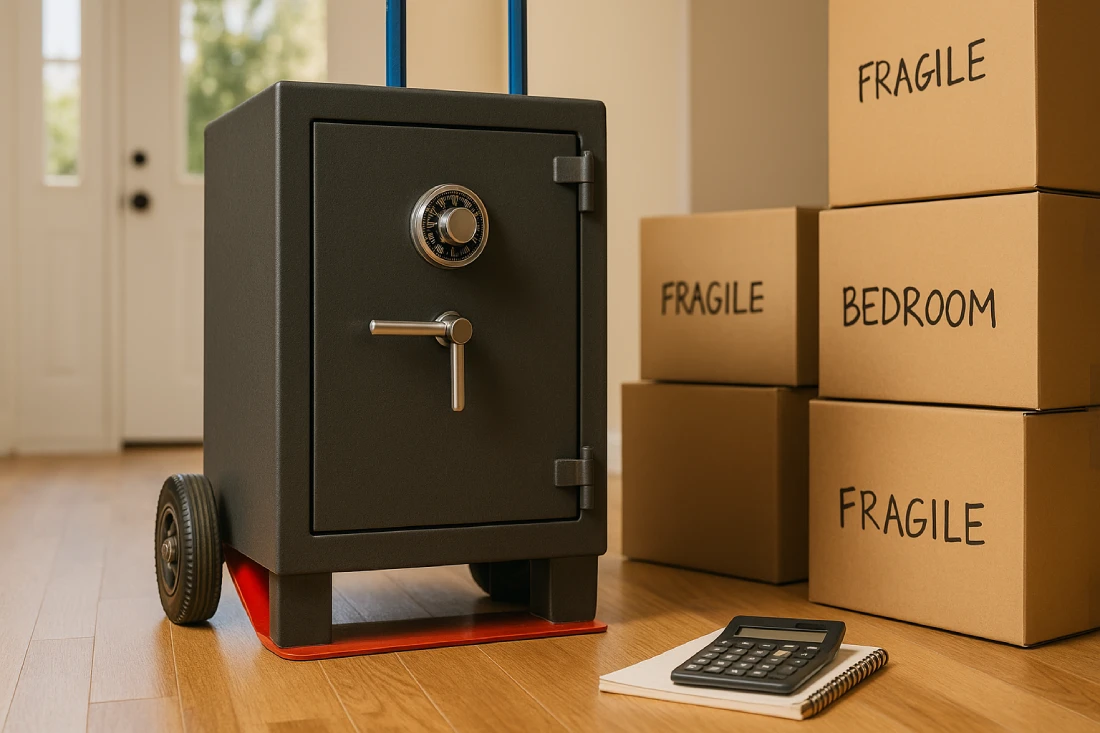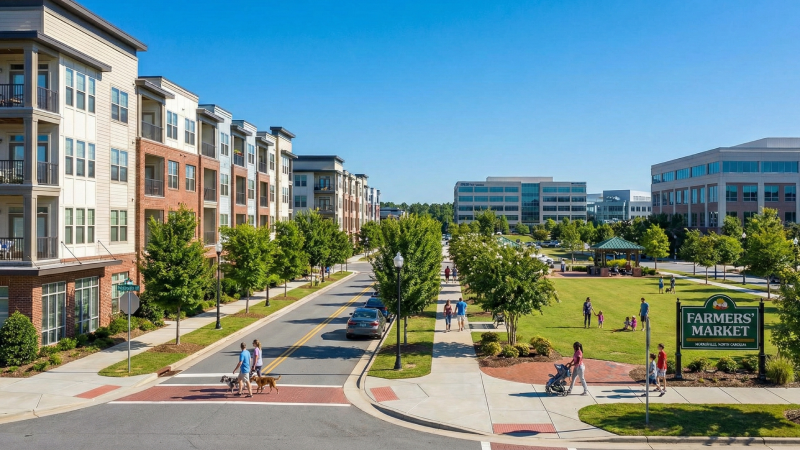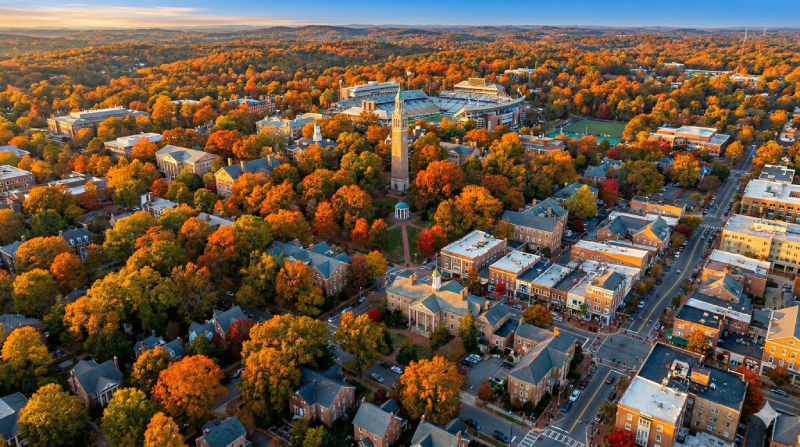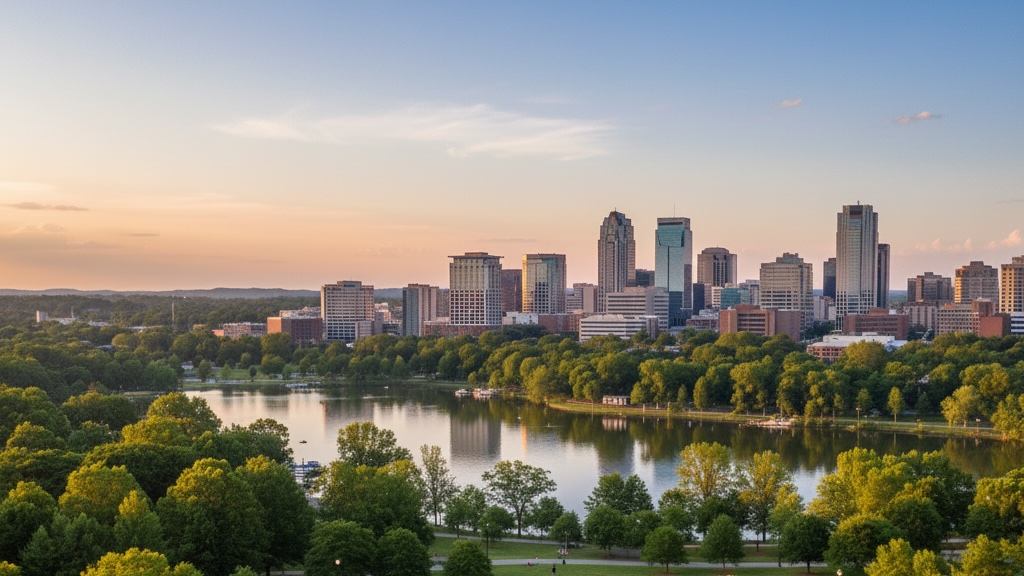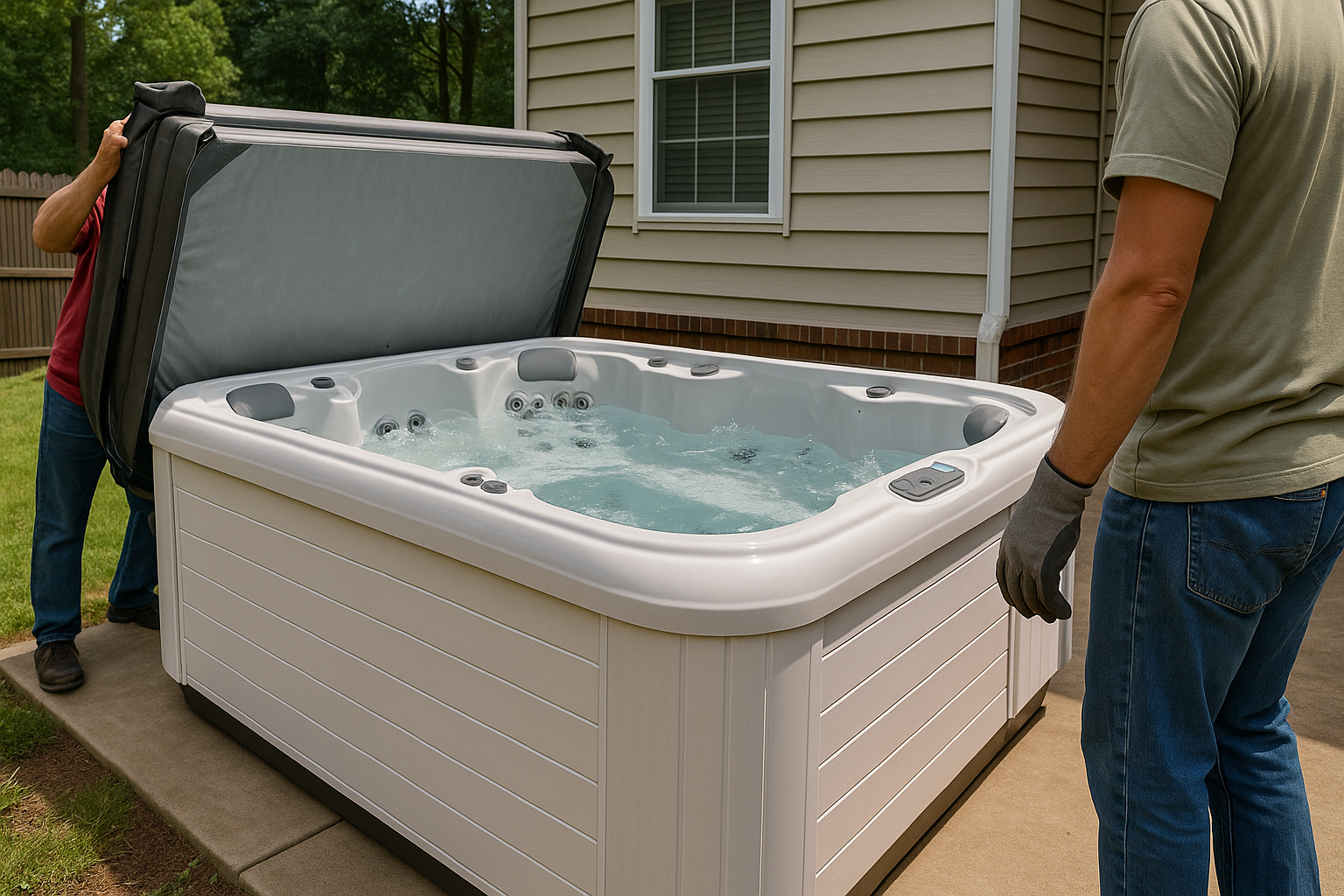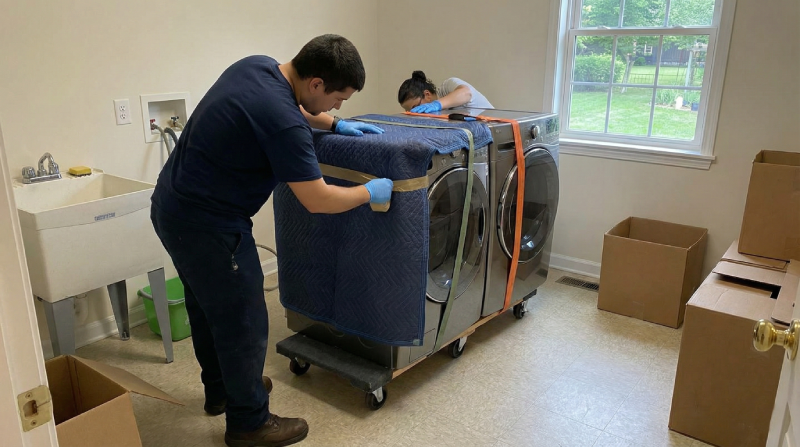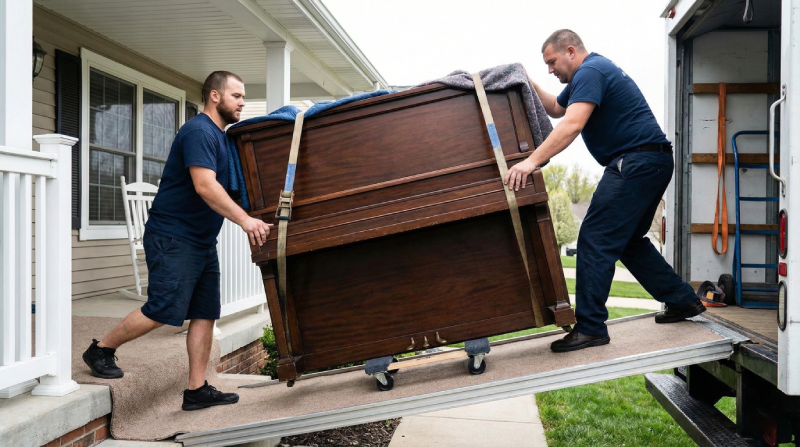Is Greensboro, NC, a good place to live? For many people seeking affordability, community, and job growth, the answer is yes. The city offers lower housing costs than Charlotte or Raleigh, diverse neighborhoods, and a balance between urban amenities and a small-town feel that appeals to families, young professionals, and retirees. Trade-offs include higher crime rates in certain areas, car dependence, and hot summers. Keep reading to learn about neighborhood safety, cost of living, job prospects, local culture, and other details to help you decide if moving to Greensboro is right for you.
Key Takeaways About Living in Greensboro
- Affordability is a major strength: Housing costs run well below Charlotte or Raleigh, making Greensboro budget-friendly for families and professionals.
- Safety varies by neighborhood: Northwest areas are much safer than the city average, making location choice critical.
- Strong job growth and economic diversity: Major employers in healthcare, education, and manufacturing provide expanding career opportunities.
- Car dependency: Limited public transit means a personal vehicle is necessary for daily living.
What You Should Know About Greensboro
Greensboro is North Carolina's third-largest city, with approximately 300,000 residents, situated in the center of the Piedmont Triad region, between the mountains and the coast. The median home price is around $257,000, and the average rent is $1,320 monthly (both well below national averages), making it highly affordable for families and young professionals. The city offers a mid-sized feel with urban amenities but without the congestion experienced by those living in Raleigh and Charlotte. The humid subtropical climate brings hot summers (upper 80s-low 90s) and mild winters (40s-50s).
The Pros of Living in Greensboro
Greensboro offers an attractive alternative for people considering a move within North Carolina or from out of state. The city's location provides easy access to major NC metro areas, the mountains, and the beaches, while living costs are approximately 30% lower than those in Charlotte or Raleigh.
Main Pros:
- Lower cost of living – Housing, groceries, and utilities cost much less than major East Coast cities, giving residents more purchasing power.
- Genuine community atmosphere – The city's manageable size helps create neighborhood connections through regular events and local business support.
- Central location – Reach Raleigh, Charlotte, mountains, or beaches within 90 minutes to 4 hours, plus easy airport access.
- Outdoor recreation – Over 170 parks, 90+ miles of trails, and year-round golf offer plenty of green space and activities.
The Cons of Living in Greensboro
Prospective residents should consider several trade-offs that come with living in the city. Greensboro can feel car-dependent, unsafe in certain areas, and frustratingly humid for much of the year.
Main Cons:
- Above-average crime rates – Violent crime (826 per 100,000) exceeds the national average, though rates vary widely by neighborhood.
- Car dependency required – Limited public transit and low walkability mean a personal vehicle is necessary for daily errands and commuting.
- Challenging weather – Oppressive summer humidity and occasional winter ice storms that shut down the city create seasonal discomfort.
Best Neighborhoods in Greensboro
Greensboro's best neighborhoods have measurably lower crime rates, access to top-rated schools, and strong property values that consistently outperform the city average. These areas combine safety, quality education, and established community character that make them the clear choice for families and professionals looking for long-term stability. This falls in line with the main traits of living in North Carolina, as most moves to the state are motivated by safety, education quality, and affordability.
Northwest Greensboro: Best for Families and Top-Rated Schools
Northwest Greensboro attracts families with its combination of highly-rated schools, lower crime rates, and modern suburban amenities. Neighborhoods like Hamilton Lakes and Hamilton Forest offer newer construction with community pools and walking trails, while Green Valley and New Irving Park provide established areas with mature trees and larger lots. Home prices range from the mid-$200,000s to over $500,000.
West Greensboro: Best for Historic Charm and Walkability
West Greensboro neighborhoods like Lindley Park, Sunset Hills, and Westerwood appeal to professionals seeking character and walkability. These historic areas feature homes from the 1920s-1950s with architectural details and tree-lined streets that create an urban-suburban hybrid feel. Home prices typically range from $200,000 to $400,000.
Downtown and Center City: Best for Urban Living and Entertainment
Downtown Greensboro has transformed into a mixed-use district with loft apartments, condos, and converted tobacco warehouses that attract young professionals and empty nesters. The walkable area offers restaurants, breweries, museums, and entertainment venues all within easy reach. Rental prices range from $900 for studios to $2,000+ for premium units.
Greensboro Cost of Living Breakdown
Housing costs in Greensboro remain the biggest advantage for those moving to the city. With median home prices around $257,000, buyers get much more house for their money compared to other North Carolina cities.
Consider what your budget buys in real terms:
- $300,000 in Greensboro: A 2,500-square-foot home with a yard and modern amenities.
- $300,000 in Charlotte: A small townhouse with limited space and shared walls.
This difference in value makes Greensboro particularly attractive for first-time buyers and growing families looking to get the most for their money.
Renters also benefit from reasonable prices, with average rents of $1,320 monthly for all unit types:
- Two-bedroom apartments: Typically run $1,100 to $1,400 in decent neighborhoods.
- Single-family home rentals: Range from $1,200 to $2,000 depending on size and location.
- Utilities: Add about $150 monthly for apartments, with higher costs for larger homes during peak summer cooling seasons.
Beyond housing, daily expenses reinforce Greensboro's affordability advantage. A family of four might spend $600 to $800 monthly on groceries shopping at Harris Teeter or Food Lion. North Carolina's gas prices typically run 10 to 20 cents below the national average, providing additional savings for the car-dependent lifestyle that Greensboro requires.
Job Market and Economy in Greensboro
Greensboro's economy has evolved from its textile manufacturing roots into a diverse mix of industries that provide stability and growth opportunities. Today, the job market spans healthcare, education, advanced manufacturing, and logistics (each sector contributing unique strengths to the regional economy).
Major Employment Sectors:
- Healthcare: Cone Health leads employment with multiple hospitals and clinics throughout the region, offering roles from entry-level positions to specialized medical careers.
- Education: UNC Greensboro, North Carolina A&T State University, Guilford College, Greensboro College, and the public school system provide thousands of stable, year-round jobs.
- Advanced Manufacturing: Toyota's new battery plant, Volvo Trucks, Honda Aircraft Company, and aerospace suppliers create well-paying technical and engineering positions.
- Logistics and Distribution: The city's central location supports a thriving logistics sector, with FedEx operating a major airport hub that generates significant employment.
Unemployment in Greensboro hovers in the mid-4% range, slightly above the state average but showing steady improvement. Average salaries run lower than in Charlotte or Raleigh, but the lower cost of living often makes up for the wage difference.
Remote workers increasingly choose Greensboro for its quality of life and affordability while keeping big-city salaries. This trend brings higher-paid professionals into the local economy without requiring corresponding local job creation, strengthening the city's economic diversity.
Greensboro Education and Healthcare
Guilford County Schools serves most of Greensboro with a mix of traditional, magnet, and charter schools. School quality varies widely by location, with northwest and west Greensboro elementary schools generally earning higher ratings. Families often factor school assignments heavily into their neighborhood selection decisions.
Top-Rated School Areas:
- Northwest Greensboro: Home to the highest-rated elementary and middle schools in the district.
- West Greensboro: Features strong neighborhood schools with established academic programs.
- Magnet Programs: Offer specialized curriculum options across the city for qualified students.
Higher education options are plentiful in Greensboro. UNC Greensboro offers comprehensive undergraduate and graduate programs across multiple disciplines. North Carolina A&T State University, the nation's largest historically black university, excels in engineering and agriculture programs. These universities contribute to the city's cultural vibrancy while providing economic stability.
Healthcare access remains strong with Cone Health's network, including Moses Cone Hospital, one of the region's major medical centers. Specialty care and advanced treatments are available locally, reducing the need to travel to larger cities for medical needs.
Healthcare Advantages:
- Comprehensive Services: Multiple hospitals and specialty centers provide full-spectrum care.
- Job Opportunities: The concentration of medical facilities creates numerous healthcare positions at all skill levels.
- Regional Hub: Serves as a medical center for surrounding communities in the Piedmont Triad.
Lifestyle and Things to Do In Greensboro
Greensboro offers surprising cultural depth for a mid-sized city. The Greensboro Science Center combines an aquarium, museum, and zoo in one complex, making it a favorite family destination. The International Civil Rights Center & Museum, located in the former Woolworth's where the famous sit-ins occurred, provides powerful historical education.
The arts scene thrives with venues like the Steven Tanger Center for the Performing Arts, hosting Broadway shows and major concerts. Smaller venues like the Carolina Theatre and numerous galleries support local artists and performers. The city hosts festivals year-round, from the North Carolina Folk Festival to Fun Fourth with its massive fireworks display.
Sports fans can catch Greensboro Grasshoppers minor league baseball from April through September at a beautiful downtown stadium. ACC basketball tournaments regularly come to the Greensboro Coliseum, and four local colleges provide plenty of athletic events. Golf remains hugely popular, with the Wyndham Championship bringing PGA Tour action every August.
Practical Greensboro Moving Considerations
Planning a move to Greensboro starts with choosing your neighborhood based on priorities like schools, commute times, and lifestyle preferences. Visit different areas at various times to get a feel for traffic patterns and neighborhood character.
Consider renting for six months to a year before buying to really understand which part of the city suits you best. This approach lets you experience different neighborhoods firsthand before making a long-term commitment.
Moving costs vary depending on distance and the amount of help you need:
- Full-service movers: Typically charge $1,200 to $5,000 for a local move, though surprise fees often appear on moving day.
- Mixed-moving approach: Rent your own truck and hire local moving labor just for heavy lifting to save money while getting professional help where it matters most. Learn more about what movers cost and ways to save.
Timing your move can make a big difference in both comfort and cost. Each season brings distinct advantages and challenges worth considering.
- Summer moves: Intense heat and humidity make the physical work much harder.
- Spring and fall: Offer better weather but higher demand for moving services and potentially higher prices.
- Winter moves: May encounter occasional ice storms but generally offer lower prices and greater availability of moving resources.
Making Your Move to Greensboro
Greensboro works best for people who prioritize affordability and space over urban amenities, don't mind car dependency, and choose their neighborhood carefully to avoid higher-crime areas. The city delivers genuine value (lower housing costs, reasonable daily expenses, and quality schools in the right areas) but requires realistic expectations about transportation needs and cultural options. Success here depends less on the city itself and more on selecting a neighborhood that matches your priorities for safety, schools, and lifestyle, then accepting what Greensboro actually offers rather than what you wish it provided. Moving Muscle can help you save on your next North Carolina move by providing dedicated loading and unloading moving help, which lets you stay on top of your belongings and costs.
Frequently Asked Questions about Living in Greensboro
What salary do you need to live comfortably in Greensboro?
A single person needs $40,000-$45,000 annually, while a family of four typically needs $65,000-$75,000 for a middle-class lifestyle.
Which areas should I avoid in Greensboro?
Crime concentrates in parts of east and southeast Greensboro, including areas around Phillips Avenue and sections near Bennett College, though safety varies block by block.
Does Greensboro require a car?
Yes, Greensboro is car-dependent with limited public transportation, making a personal vehicle necessary for daily activities and commuting.
How are winters in Greensboro?
Winters are mild with average lows in the 30s, occasional light snow, and rare ice storms that can temporarily disrupt the city.
How can I choose a trustworthy moving service for my North Carolina move?
Verify the company's USDOT number, check their BBB rating and online reviews, and ask key moving questions before committing to any service. Always get written estimates from at least three companies and avoid movers who require large cash deposits or refuse to provide in-home assessments.
How does Greensboro compare to Asheville?
Greensboro offers significantly lower housing costs ($257,000 median vs. Asheville's $462,000) and better job opportunities in diverse industries, but lacks Asheville's mountain scenery, outdoor recreation access, and vibrant cultural scene experienced by those living in Asheville, NC.
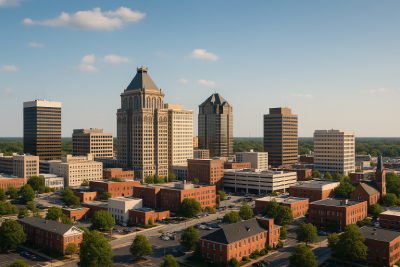
.webp)





